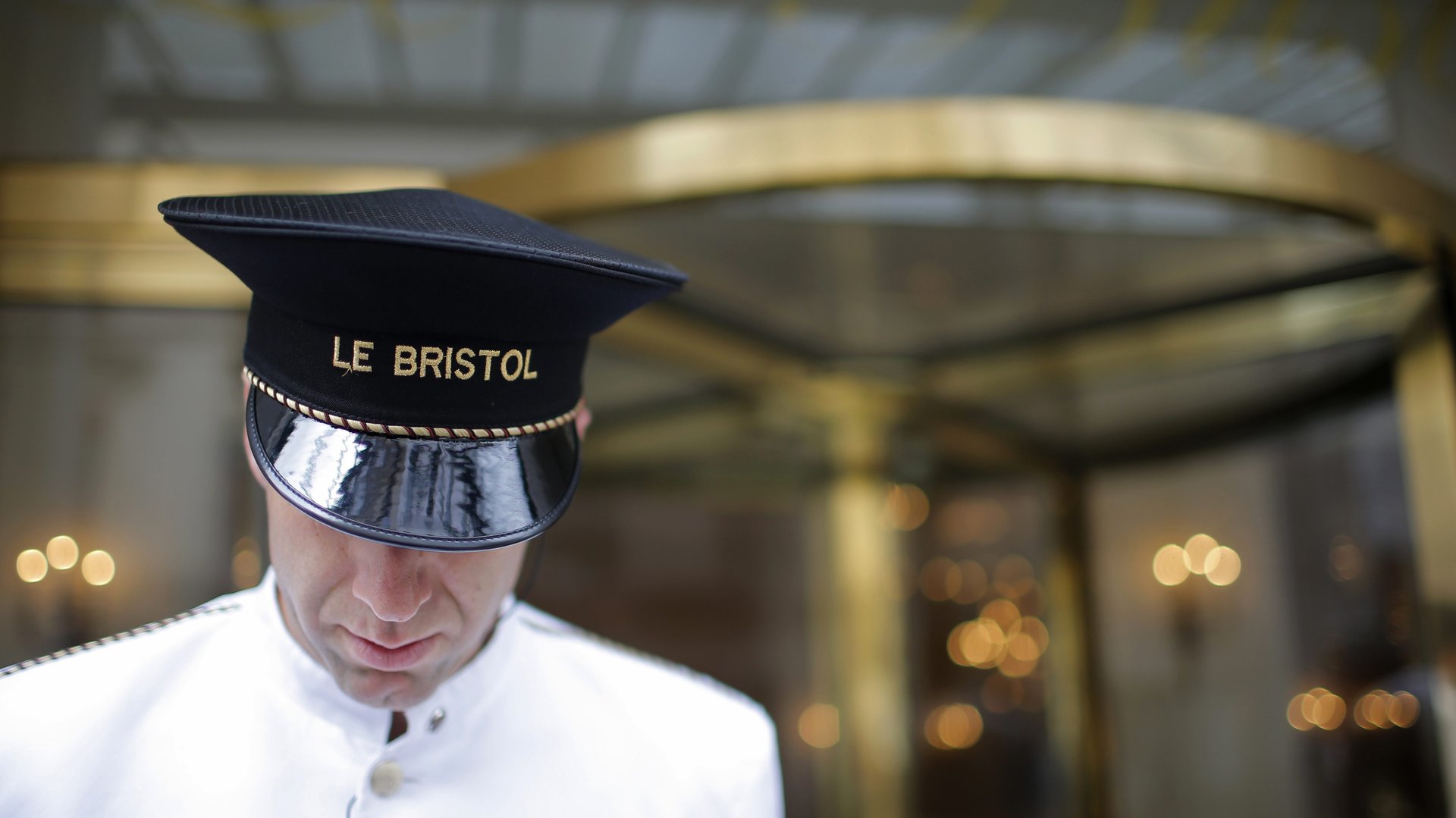Airbnb is making it harder for hotels to price gouge customers
Here is a very bad piece of news for hotels: Airbnb is hurting them on their most profitable nights.


Here is a very bad piece of news for hotels: Airbnb is hurting them on their most profitable nights.
That’s per a recent report from UBS, which found that Airbnb is making it harder for hotels to charge through-the-roof rates on “compression nights”—i.e., nights where more than 95% of rooms are occupied. Hotels think about compression nights as a simple matter of supply and demand. When demand shoots up, usually because of a local event like a marathon or fashion show, hotels can raise their rates. Customers who wind up paying those rates often consider it price gouging.
Either way, compression nights are incredibly important to the hotel industry. UBS estimates that hotels make anywhere from 35% to 70% more revenue per available room (RevPAR) during sold-out nights because of the steep premiums they can charge. But in two of Airbnb’s biggest markets—New York and San Francisco—UBS says the number of compression nights declined in 2015, even as US hotel occupancy hit record highs. UBS analysts think that’s because travelers faced with exorbitant rates at hotels are just turning to Airbnb instead.
“Going forward, we do expect a continuation of that same trend: More Airbnb listings, fewer compression nights and less hotel RevPAR growth,” Robin Farley, leisure and lodging analyst for UBS, said on a call earlier this month. She said the number of sold-out nights in general is 10-15% of total nights.
Hotels have worried about Airbnb’s impact on their sold-out nights before. In July 2015, Pebblebrook Hotel Trust CEO Jon Bortz admitted during an earnings call that Airbnb was limiting what the company could charge for rooms during “leisure-driven” conventions and events. “If you look at business around marathons as an example, where we used to have really intense compression and an ability to price maybe what the customer would describe as sort of gouging rates,” Bortz said, “I’d say we’ve lost a lot of that ability at this point within the major markets where these events take place.”
More recently, Kayak CEO Steve Hafner told Bloomberg last month that “in peak periods of demand … the hotels that used to be able to gouge you by taking the price way up because of limited supply don’t have that same ability anymore because of the additional inventory that Airbnb has brought online.”
Correction: An earlier version of this post misspelled the last name of UBS analyst Robin Farley.